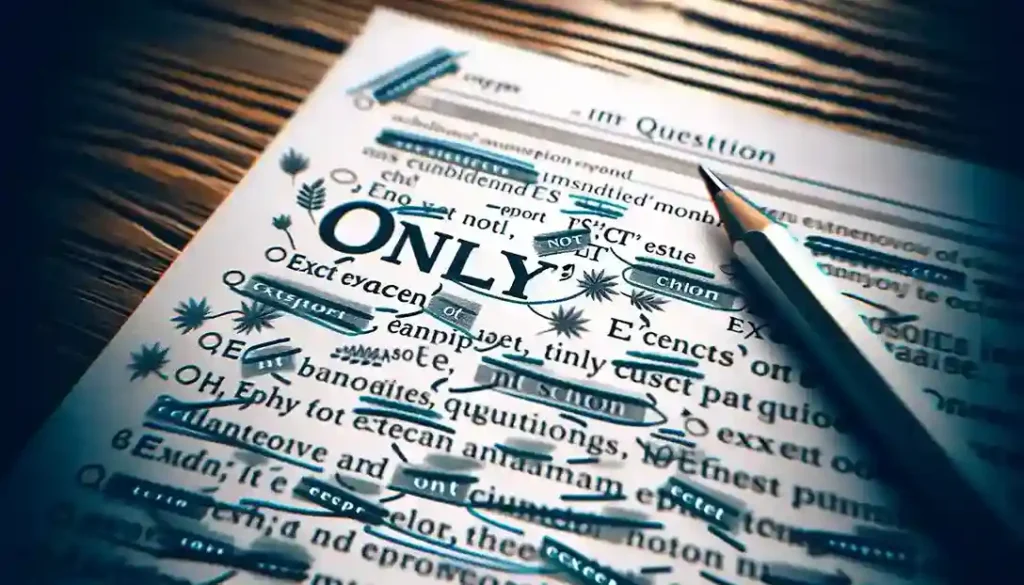Why Should I Analyse NEET Mock Tests?
Hey future doctors. I have decided to share one very important step in the NEET journey that we students tend to skip, because it’s difficult or time-consuming, or just plain boring. Yes, we are talking about Mock Test analysis.
Now, why do we even have to check our mock tests?

I mean, you have already studied for what feels like hundreds of years, sat through almost 4 hours of continuous mock test torture, and now we’re talking about analysis too? Seriously?
Well, let me tell you this: Solving mock tests or any question bank is all about self-assessment.
Obviously, there are many other reasons as well: You solve mock tests to learn time management, to set short-term goals, to get a taste of the real exam experience, but the most important one of all is self-assessment.
If you’re not analysing what went right and what went wrong, then what is the point of wasting 3 hours and 20 minutes of your already busy schedule? Why not just study more instead?
The primary goal of practicing questions and solving mock tests is to identify your mistakes and work on them. But, wait;
So, what do I mean by ‘Mistakes’ in this context?
1. Time Management Issues:

You start the test, and suddenly it feels like you are on a race with time, every 5 minutes that you check the clock 30 minutes have passed by. Your paper is left incomplete, and you wonder if you’ll ever be able to complete a paper in 3 hours 20 minutes. Does this scene sound familiar?
Well, time management issues are pretty common during mock tests too. How do you deal with this? You retrospect.
Maybe your paper attempting strategy needs an update. If you start solving the paper with the most difficult questions, you are just wasting your time unnecessarily. You are also risking not being able to complete the paper. Choose wisely, my friend. For detailed paper attempting strategy visit our blog.
2. Silly Mistakes:

Due to shortage of time, we can also make silly mistakes. We often tend to rush through questions and because of this, we end up missing some very important details.
Tension can increase these silly mistakes just by tenfold. These errors can be categorized into a few types:
- Overlooking Keywords in Questions: Missing out on words like ‘not,’ ‘except,’ or ‘only’ in questions can lead marking the answers wrong, I’ve done it too.
- Calculation Errors: If you know the concept, you remember the formula also, and somehow there’s enough time too, but you still manage to mess up the calculation aspect of the solution, I can understand your pain. The worst mistake, straight up emotional damage.
- Accidentally Marking/bubbling the Wrong Answer in the OMR: When you fail to review your answers before bubbling them, especially in sections where you’re confident that you’re answers are right. You have just missed the chance to fix any errors due to over-confidence.
3. Conceptual mistakes:

Now, this is a classic blunder. You keep getting questions wrong on a specific repeated topic. This is a sign that your understanding of that topic needs a lot of revision.
How to improve and keep track of these mistakes?
Firstly, you need to check why a question went wrong. You’ll have to be the detective. Ask yourself questions like, ‘Why did I skip this question?’ ‘Did it scare me just by looking at it?’ ‘Did I not understand it?’ ‘Did I understand it but could not solve it?’ If the answer to any of these questions is ‘yes’ then these were conceptual mistakes. If the answer to all of these questions is no, then they were silly mistakes.
Now, we see how to deal with the 2 different types of mistakes and also the biggest problem of all that is time management.
1. Time Management:

To tackle the time management problem, create a good exam strategy:
- First, handle easy, theoretical questions like biology and inorganic chemistry. Solve them as quickly as possible, and put a tiny checkmark next to them in your question paper. These are easy marks that you have in your hand, you do not want to lose out on them because of time crunches.
- Once you have solved these sections, bubble them together. Try to get this done in 1 hour (Bio and inorganic chemistry)
- Second, move on to easier, theory-based, or directly formula-based questions in physical chemistry and physics. Again, bubble them together after solving them.
- Finally, tackle the conceptual or tricky calculation questions at the end. These questions are your ticket to selection into the best colleges, as these decide the top ranks.
Another trick is to put a timer for 3 hours 20 minutes while solving mock tests. Note down the time you’re solving the paper in and then set goals for every mock test.
When you are practicing Physics and Chemistry questions from the question bank, use a timer of 1 hour for 50 questions. Keep repeating this timer as long as you are practicing questions.
2. Silly Mistakes:

Make a habit of underlining tricky words like ‘NOT,’ ‘ONLY,’ and ‘EXCEPT.’ The moment you see them, underline them. You will be under a lot of stress during the paper, you need to focus on important information easily by underlining it.
If calculation errors are a common problem, it’s time to practice some maths. Revise your tables and try to solve as many calculation-based questions as you can. It might take time to get good and fast in calculation but you will get there.
If you’re bubbling answers wrong, the only solution is checking before bubbling. Keep the question paper next to you and quickly double-check before you bubble. It might cost you an extra 10 minutes, but it’s better than losing marks and thus dragging your rank below by thousands. Know your priority and be smart.
3. Conceptual mistakes:
Now, let’s get to the best/worst part:
The only way you can fix conceptual mistakes is by revising you concepts and practising questions based on those topics. How you manage your time and schedule your revision is crucial.
Create a register where you list all the chapters of all subjects. After every mock test analysis, tally up the wrong questions under each chapter. The chapter with the most mistakes deserves a special place in your revision schedule.
Pro tip: Don’t forget your strong topics; they need timely review too! (Just make it quick)
Bonus Tips:
- If you’re spending more than 5 minutes on a question, then you are not being efficient. You can try to find different methods to solve it at the end of a test. You might come across a shortcut that could save your time when you’re solving similar questions, in the future.
- Maintain a mistake register of the questions you got wrong. In this register, you are going to write down the question and it’s solution together. I did this during my NEET prep, and guess what? 10-12 questions on the actual NEET exam were straight out of that register, same values and everything. Please do this, you will thank yourself later.
- Keep a record of your scores. Even a 5-mark-per-week improvement rate is a very good rate. Your confidence will keep increasing if you see an improve in your scores.
Conclusion:

So, remember that analysing mock tests is just as important as attempting mock tests. Every mock test is a chance to learn from your mistakes, to work on your concepts, and to learn how to manage time. This will all be very beneficial, especially if you start early.
Keep in mind that your journey to become doctor starts with these small-small steps. Take mock tests seriously, analyse them too, and then just look at how confident you become.
Best of luck.






